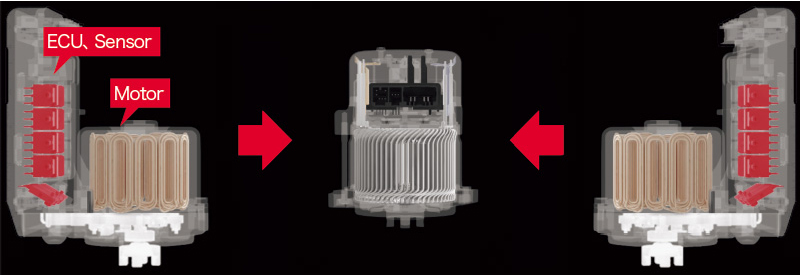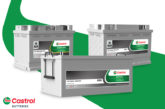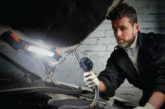We find out why DENSO is steering drivers safely towards autonomous driving with its new Fail-Safe Electric Power Steering (EPS) system.
As the roads prepare for the first generation of fully autonomous vehicles, DENSO is contributing to the shift in technology by reinventing EPS with an all new dual-design system. This, it is claimed, will establish a new benchmark for safety, paving the road towards autonomous driving.
Where did the idea come from?
More and more electronic control systems are being incorporated in vehicles to raise fuel efficiency, comfort and safety. These systems are designed to be extremely safe and reliable, but there is always a minute chance of something going wrong.
Steering reliability is essential to safe driving. If an EPS fails, steering will become heavy and the driver may lose control while trying to turn the vehicle. This could lead to a serious traffic accident. To maximise safety for drivers and passengers, DENSO was determined to minimise this risk.

How does it work?
The new Fail-Safe EPS system has been designed from the ground up, featuring a back-up facility which operates continuously in the event of failure to ensure that the driver retains control of the vehicle.
A conventional EPS system consists of one motor, one ECU, multiple sensors and other parts. DENSO’s engineers started from scratch, doubling every component and combining them in one compact unit to
provide a backup for any component that fails.
This required innovative alternator stator coil winding technology and the integration of several circuits into two circuit boards. By combining all the functionality of two systems in one, DENSO’s Fail-Safe EPS improves the safety of turning – an absolutely fundamental part of driving. It will also support the move towards automated driving as, during automatic lane changes, for example, the unit can help prevent steering malfunctions that could lead to a road accident.
And, in spite of its dual function, the unit is 30% smaller and 20% lighter than a conventional EPS system, which brings further benefits: it requires less space under the bonnet and supports greater efficiency due to its lightness.
Masashi Yamasaki, EPS Development Engineer at DENSO, commented: “With the new fail-safe EPS, DENSO has demonstrated not only a commitment to safety but also to efficiency and quality.
“By rethinking the traditional EPS system with a compact dual design, our engineers have created a key piece of preventative technology which reduces the risk of power steering failure while setting new standards in lightness and efficient design.”











